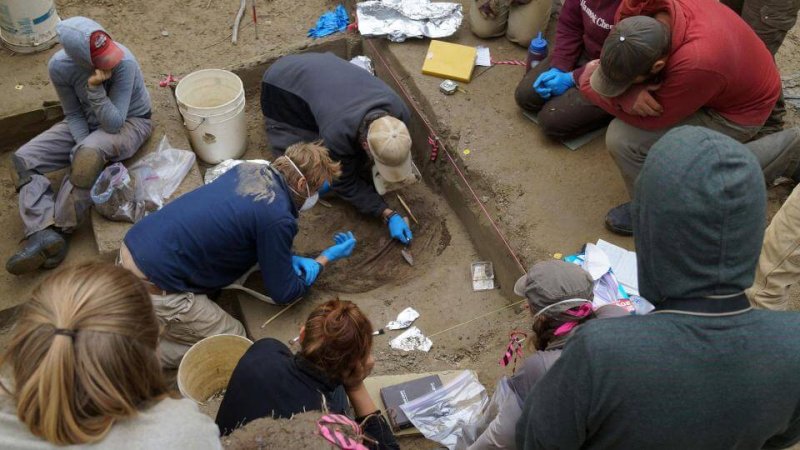When researchers made the astonishing suggestion last year that early humans settled the Americas 100,000 years earlier than thought, they asked doubters to keep an open mind and consider the evidence backing their claim. But their study, which proposed that mastodon bones from California were broken by an as-yet-unidentified group of early humans 130,000 years ago, was instantly questioned by archaeologists. Most researchers agree that humans settled the Americas around 15,000 years ago.
Nearly a year later, the skeptics are still not convinced. In a rebuttal to the work, published on 7 February in Nature, archaeologists say that modern construction equipment better explains the mastodon bone damage than does the handiwork of ancient hominins. They present an analysis of mammoth bones from Texas that, they say, have similar-looking damage, which was caused by natural wear and tear and heavy equipment.
…
David Meltzer, an archaeologist at Southern Methodist University in Dallas, Texas, who co-wrote an earlier critique of the 2017 study, is glad to see other groups questioning the strength of the evidence. Meltzer says that he is open to the idea that humans reached the Americas more than 100,000 years before he thought — just not on the basis of such equivocal data.
“Given everything we know, it makes no sense,” he says.
Read full, original post: Critics attack study that rewrote human arrival in Americas































